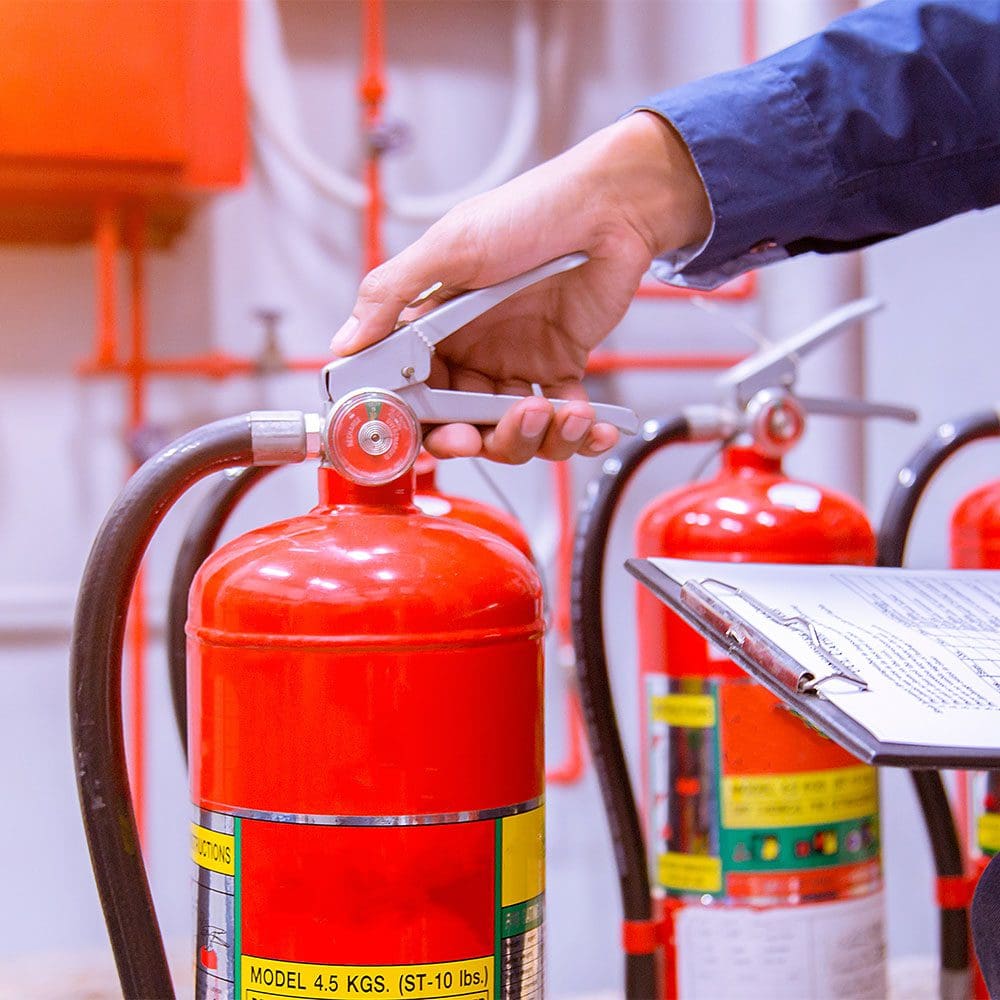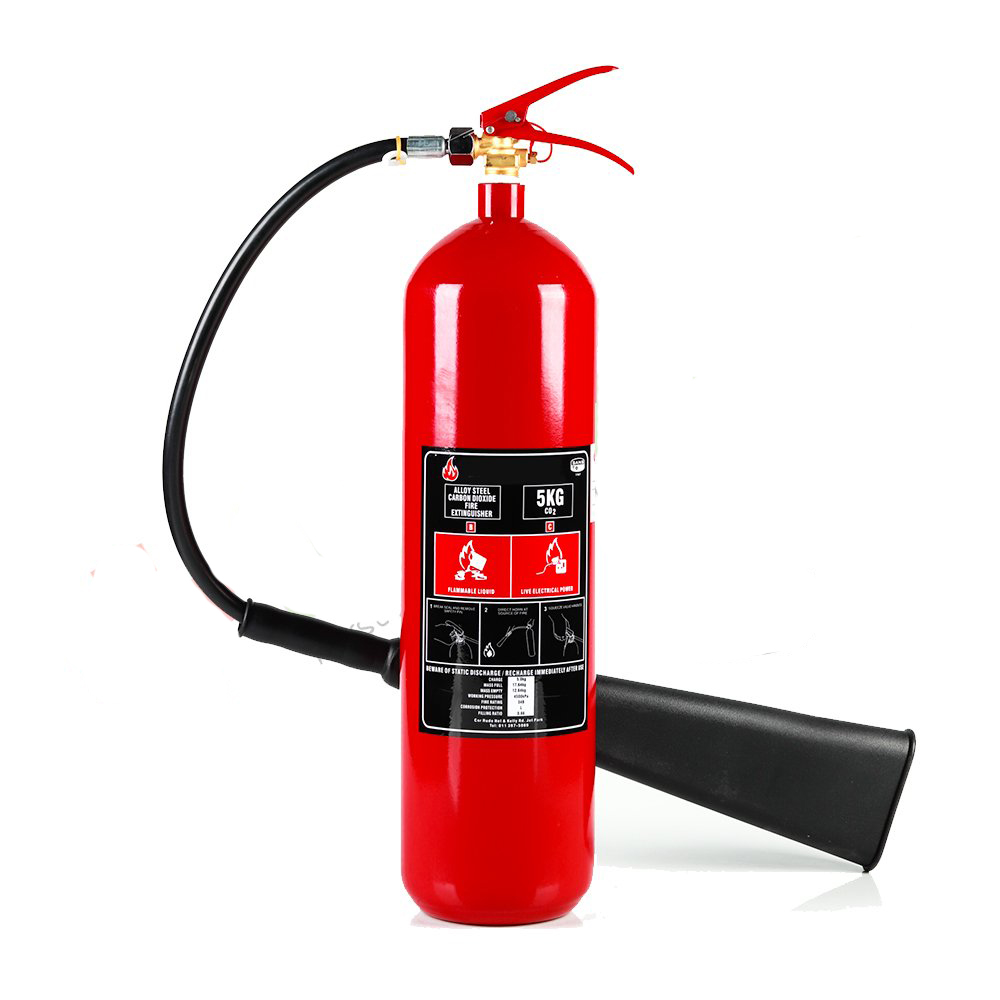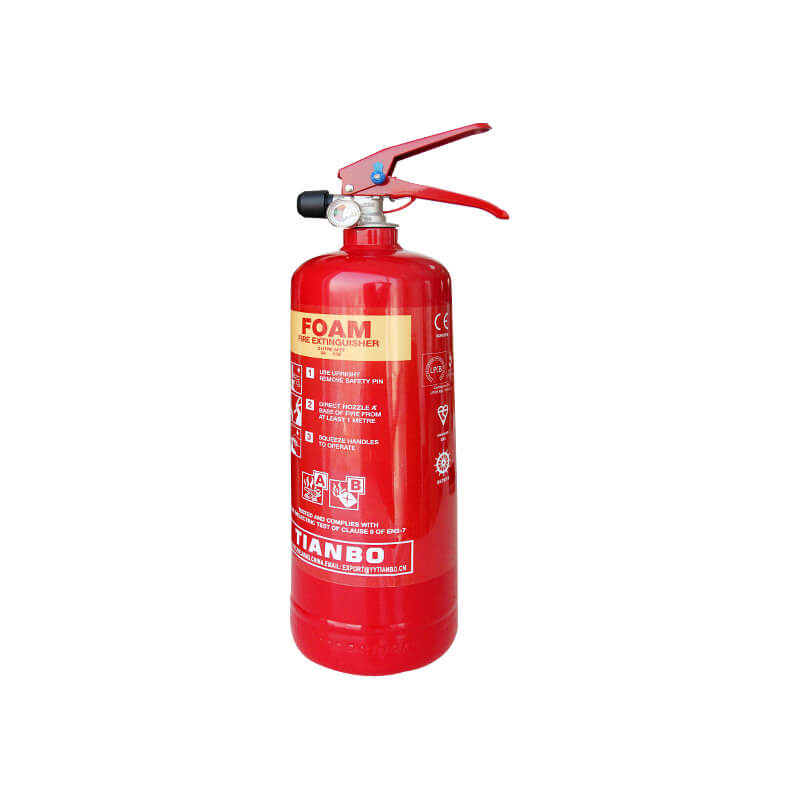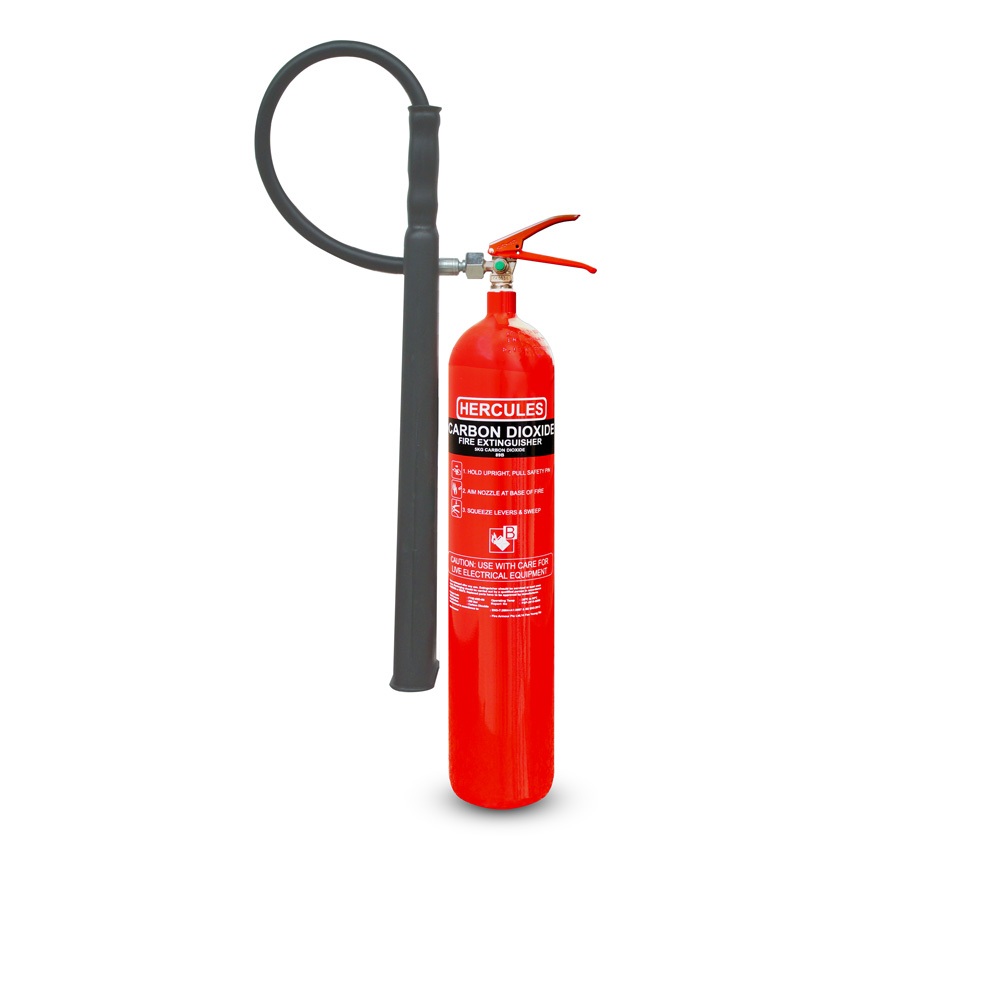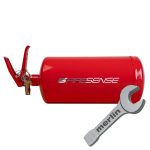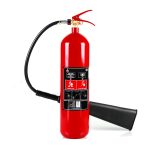I. Understanding the Risks Associated with Pool Chemicals
When it comes to maintaining a clean and safe swimming pool, pool chemicals are a necessary part of the process. However, it’s important for pool owners and maintenance staff to understand the potential hazards associated with these chemicals and the importance of fire safety when handling them.
A. Potential Hazards of Pool Chemicals
- Chemical Burns: Pool chemicals such as chlorine and pH adjusters can cause chemical burns if they come into contact with the skin or eyes. It’s important to always use protective gear such as gloves and goggles when handling these chemicals.
- Inhalation Risks: Pool chemicals can release fumes that can be harmful if inhaled. It’s important to always handle these chemicals in a well-ventilated area and to avoid breathing in the fumes directly.
- Reactivity: Some pool chemicals can react with each other, creating dangerous gases or explosions. It’s important to always follow the manufacturer’s instructions and never mix different chemicals together.
- Storage Risks: Improper storage of pool chemicals can lead to accidents such as spills or leaks, which can create a hazardous environment. It’s important to store pool chemicals in a cool, dry place away from other flammable materials.
- Environmental Risks: Improper disposal of pool chemicals can harm the environment and contaminate water sources. It’s important to always follow local regulations for the safe disposal of pool chemicals.
B. Importance of Fire Safety when Handling Pool Chemicals
- Flammability: Some pool chemicals are flammable and can ignite if exposed to heat or an open flame. It’s important to always handle these chemicals away from sources of ignition and to use caution when storing or transporting them.
- Spontaneous Combustion: Certain pool chemicals, such as calcium hypochlorite, can undergo spontaneous combustion if they come into contact with organic materials or other chemicals. It’s important to always keep these chemicals separate from other materials and to handle them with care.
-
Emergency Preparedness: In the event of a fire or chemical spill involving pool chemicals, it’s important to have an emergency plan in place and to know how to use fire extinguishers and other safety equipment.
II. Selecting the Right Fire Extinguisher for Pool Chemicals
A. Types of Fire Extinguishers Suitable for Pool Chemicals
When it comes to addressing fires involving pool chemicals, selecting the right fire extinguisher is crucial. Class D fire extinguishers are specifically designed to combat fires fueled by combustible metals, such as magnesium, titanium, and sodium, which are commonly found in pool chemicals. These extinguishers contain a dry powder agent tailored for suppressing metal fires, making them suitable for addressing potential fires involving reactive pool chemicals.
B. Considerations for Choosing the Appropriate Extinguishing Agents
When choosing fire extinguishers for pool chemical storage and handling areas, considerations must be made to ensure their compatibility with the specific chemicals present. Certain pool chemicals may react with traditional extinguishing agents, potentially exacerbating the situation. It is essential to consider the chemical properties and potential reactivity of the pool chemicals when selecting the appropriate extinguishing agents to effectively address chemical fires.
III. Proper Storage and Handling of Pool Chemicals
Maintaining a safe and clean swimming pool involves not only understanding the risks associated with pool chemicals but also knowing how to properly store and handle these chemicals to prevent accidents and ensure their effectiveness in maintaining water quality.
A. Safe Practices for Storing Pool Chemicals
Proper storage of pool chemicals is crucial to prevent accidents and ensure their effectiveness. Here are some safe practices for storing pool chemicals:
- Dry and Well-Ventilated Area:
Pool chemicals should be stored in a dry, well-ventilated area to prevent moisture from causing the chemicals to degrade or release harmful fumes. - Separate Storage:
Different pool chemicals should be stored separately to prevent them from coming into contact with each other and causing dangerous reactions. - Secure Containers:
Pool chemicals should be stored in tightly sealed and secure containers to prevent spills and leaks. - Away from Other Substances:
Pool chemicals should be stored away from other substances, especially flammable materials, to prevent the risk of fire or explosions. - Accessibility:
Pool chemicals should be stored in a place that is easily accessible for authorized personnel but out of reach of children or unauthorized individuals.
B. Guidelines for Handling and Mixing Pool Chemicals
Proper handling and mixing of pool chemicals is essential to prevent injuries and ensure the chemicals are used effectively. Here are some guidelines for handling and mixing pool chemicals:
- Protective Gear:
Always use appropriate protective gear, such as gloves, goggles, and masks, when handling pool chemicals to prevent skin and eye contact and inhalation of fumes. - Read Manufacturer’s Instructions:
Follow the manufacturer’s instructions carefully when handling and mixing pool chemicals. Overdosing or under-dosing can lead to ineffective water treatment or dangerous chemical reactions. - Dilution:
When mixing pool chemicals, always add the chemical to water and not the other way around to prevent splashing and the release of harmful fumes. - Avoid Mixing Chemicals:
Never mix different pool chemicals together unless instructed by the manufacturer. Mixing chemicals can lead to dangerous reactions and the release of toxic gases. -
Clean Tools and Surfaces:
After handling pool chemicals, clean tools and surfaces thoroughly to prevent cross-contamination.
IV. Fire Safety Protocols for Pool Maintenance
A. Implementing Preventive Measures for Fire Safety
Preventive measures play a vital role in minimizing the risk of fire incidents involving pool chemicals. This includes regular inspections of chemical storage areas to ensure compliance with safety guidelines, as well as implementing measures to prevent contact between pool chemicals and potential sources of ignition. Proper housekeeping, including the removal of flammable materials and the maintenance of clear and unobstructed walkways, contributes to fire safety in pool maintenance areas.
B. Developing Emergency Response Plans for Pool Chemical Fires
Developing comprehensive emergency response plans for pool chemical fires is a critical aspect of fire safety in pool environments. These plans should outline clear procedures for evacuating the area, alerting emergency services, and utilizing fire extinguishers when appropriate. It is important to designate trained personnel responsible for addressing chemical fires, ensuring that they are familiar with the location and types of fire extinguishers available and equipped with the necessary knowledge to respond effectively to such emergencies.
V. Importance of Training in Using Fire Extinguishers for Pool Chemicals
A. Ensuring Proper Training and Certification
Proper training and certification in the use of fire extinguishers for pool chemicals are essential for ensuring the safety of individuals responsible for handling and managing these potentially hazardous substances. Adequate training programs should encompass the understanding of fire classes, the selection and deployment of suitable fire extinguishers, and the specific techniques required for addressing fires involving pool chemicals. Certification serves as a testament to individuals’ competence in handling fire incidents and using fire extinguishers effectively, enhancing overall fire safety in pool environments.
B. Understanding Effective Handling Techniques for Pool Chemical Fires
Effective handling techniques for pool chemical fires are essential knowledge for individuals tasked with responding to such emergencies. This includes understanding the principles of fire behavior and the specific considerations for addressing chemical fires, such as the importance of preventing chemical runoff and minimizing the exposure of pool chemicals to water, which can exacerbate the situation. Proper handling techniques also encompass the ability to identify and manage potential hazards associated with pool chemicals and the application of appropriate fire suppression measures.
In conclusion, understanding the risks associated with pool chemicals, prioritizing fire safety, and selecting the right fire extinguisher are essential aspects of maintaining a safe and secure environment when working with pool chemicals. By being proactive and knowledgeable about these considerations, pool owners and maintenance staff can mitigate potential hazards and ensure a safe and enjoyable swimming experience for all.
